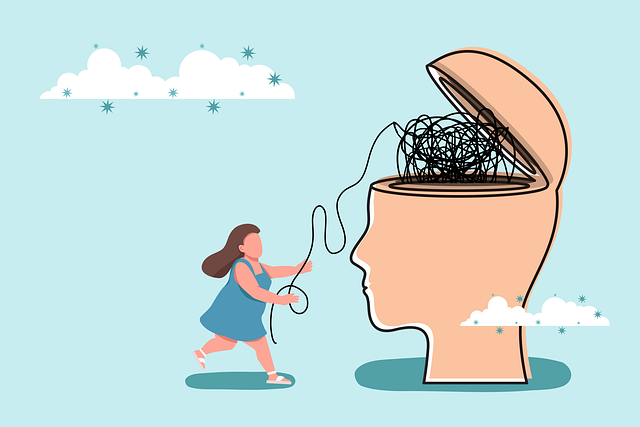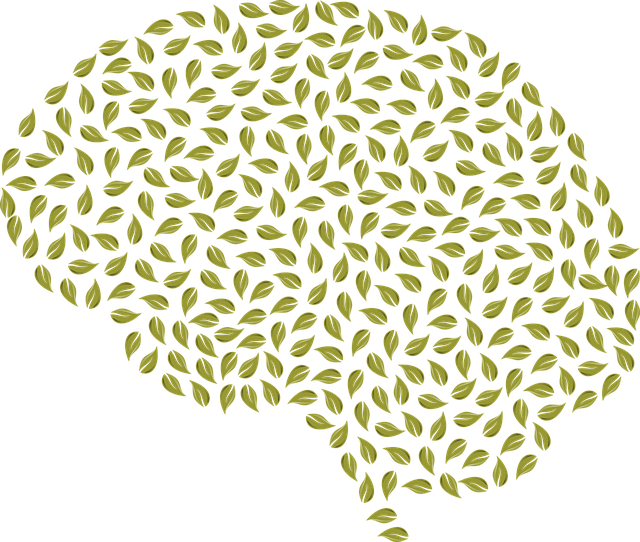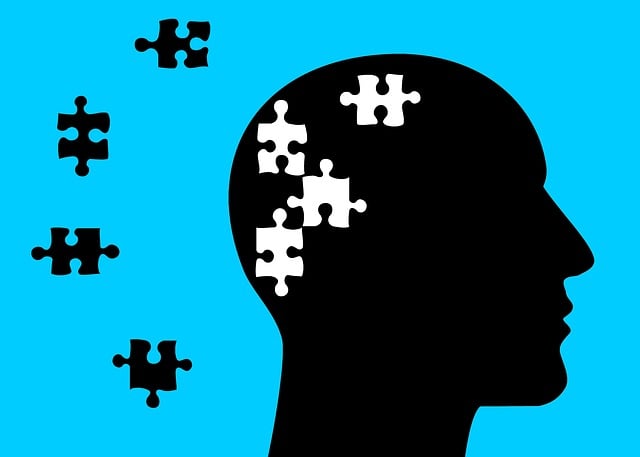Parker Adolescent and Teen Therapy (PAT) employs a multi-faceted data-driven approach to understanding and improving mental health in adolescents aged 13-18. They combine structured assessments, observations, client self-reports, and mindfulness practices to gather insights into emotional regulation, social interactions, and behavioral patterns. Advanced techniques like machine learning and natural language processing enable PAT to identify trends and tailor interventions, such as Stress Management Workshops. Ethical considerations, including HIPAA compliance, anonymization, and secure data storage, are paramount to protect patient privacy while leveraging data for positive mental health outcomes.
Mental health data analysis has emerged as a powerful tool, offering insights that can transform patient care. This article delves into the intricacies of understanding and interpreting mental health data, highlighting key aspects from foundational knowledge to advanced techniques. We explore innovative practices, such as those employed by Parker Adolescent and Teen Therapy, known for their comprehensive data collection methods. Furthermore, ethical considerations and privacy safeguards in mental health analytics are discussed, ensuring responsible data handling.
- Understanding Mental Health Data: A Foundation for Effective Analysis
- Parker Adolescent and Teen Therapy: An Overview of Their Data Collection Methods
- Advanced Techniques in Data Interpretation for Deeper Insights
- Ethical Considerations and Ensuring Privacy in Mental Health Analytics
Understanding Mental Health Data: A Foundation for Effective Analysis

Understanding Mental Health Data is a crucial step towards effective analysis and interpretation. When it comes to adolescent and teen therapy, such as that offered by Parker Adolescent and Teen Therapy, data collection plays a pivotal role in tailoring treatment plans to meet individual needs. This involves gathering diverse information – from clinical assessments and self-reported surveys to observation notes and engagement records. By examining these data points, therapists gain valuable insights into the complex landscape of young minds, enabling them to identify patterns, trends, and unique challenges.
This foundation of comprehensive data allows for evidence-based practices, such as Compassion Cultivation Practices, to be integrated into therapy. Furthermore, understanding mental health data guides the development of tailored Self-Care Routine Development strategies for better mental health. Additionally, public awareness campaigns can be designed based on these insights, aiming to destigmatize mental illness and foster a supportive environment.
Parker Adolescent and Teen Therapy: An Overview of Their Data Collection Methods

Parker Adolescent and Teen Therapy (PAT) is renowned for its comprehensive approach to mental health support, particularly focusing on young individuals aged 13 to 18. Their data collection methods are a cornerstone of their effective services. PAT employs a multi-faceted strategy, combining structured assessments, clinical observations, and client self-reports to gather insights into adolescents’ psychological well-being. This holistic method allows for a nuanced understanding of each client’s mental health landscape.
Through specialized questionnaires, PAT assesses various aspects of adolescent psychology, including emotional regulation, social interactions, and behavioral patterns. They also utilize risk assessment tools to identify potential vulnerabilities, such as those associated with depression prevention. Additionally, PAT encourages clients to participate in mindfulness meditation practices, which not only serve as a therapeutic tool but also provide valuable data on the impact of these sessions on the participants’ mental health.
Advanced Techniques in Data Interpretation for Deeper Insights

In the realm of mental health data analysis, advanced techniques are instrumental in extracting deeper insights that can significantly impact treatment strategies. These sophisticated methods go beyond traditional analysis by employing machine learning algorithms and natural language processing (NLP) to unearth hidden patterns and trends within vast datasets. For instance, Parker Adolescent and Teen Therapy has leveraged these tools to gain a more nuanced understanding of youth mental health, enabling them to tailor interventions that foster positive thinking and promote mental wellness.
By integrating these advanced techniques, organizations like the aforementioned can identify subtle correlations between various factors—such as stress levels, social interactions, and emotional expressions—that may be missed through conventional analysis. This allows for the development of more effective Stress Management Workshops, where participants gain practical skills to navigate and mitigate stressors, ultimately enhancing their overall mental health and quality of life.
Ethical Considerations and Ensuring Privacy in Mental Health Analytics

In the realm of mental health data analysis, ethical considerations and privacy protection are paramount, especially when involving adolescents and teens like those served by Parker Adolescent and Teen Therapy. As analytics advance, leveraging sensitive information to uncover trends and insights that can inform treatment strategies is crucial. However, this comes with significant responsibilities. Ensuring the confidentiality of patient records and adhering to strict data protection regulations, such as HIPAA (Health Insurance Portability and Accountability Act), is non-negotiable. Techniques like anonymization and encryption are essential tools in safeguarding privacy while allowing for meaningful analysis.
The delicate balance between leveraging data for positive thinking, self-care practices, and emotional well-being promotion techniques and preserving the privacy of individuals demands meticulous navigation. Therapists and analysts must be vigilant about consent processes, secure storage methods, and transparent data use policies. By prioritizing ethical guidelines and robust privacy measures, mental health analytics can harness its potential to improve services without compromising the trust and security of patients, ultimately fostering a more supportive environment for adolescent mental health care.
Mental health data analysis is a powerful tool, especially with advanced techniques and ethical considerations in place. As seen with Parker Adolescent and Teen Therapy’s methods, understanding data collection and interpretation can lead to significant improvements in mental healthcare. By combining these strategies, professionals can gain deeper insights while maintaining patient privacy, ultimately enhancing treatment outcomes and fostering a more supportive environment for young minds.








